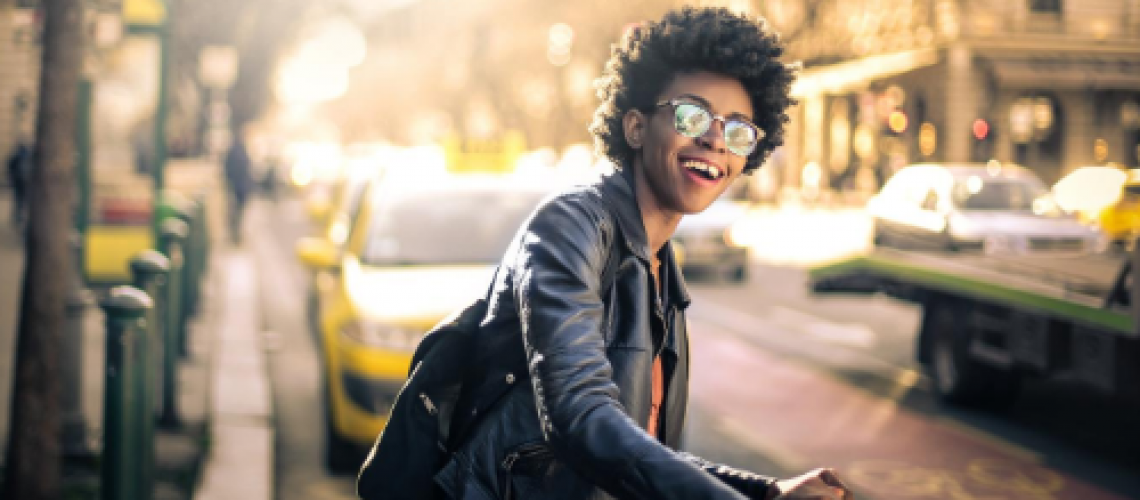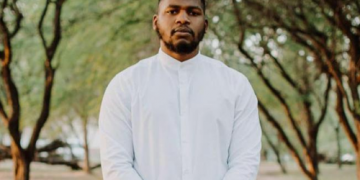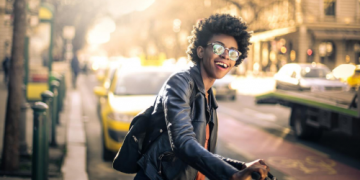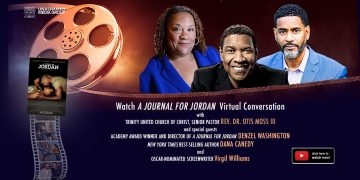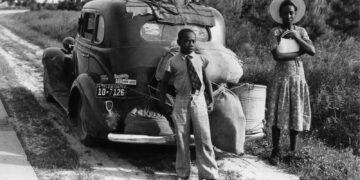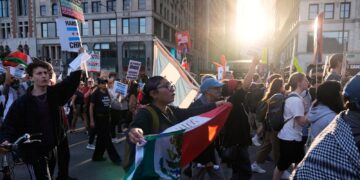When it comes to their kids, these parents say they will do all the teaching.
Facebook
Twitter
Email
Print
Reddit
(CNN) People keep asking of the ongoing wave of racial reckoning, “Is this moment different?” No wonder. Daily, public actions against racism across the nation haven’t ceased — even in small cities like mine in Iowa, one of the Whitest states in the nation.
Then there are the signs White Americans are coming into different awareness about the depth of our national racial crisis and the moral urgency of injustice. A June Monmouth University poll showed 71% of Americans now agree that “racism and discrimination are a ‘big problem,'” a surge of 26 percentage points since 2015. According to Pew, 67% of Americans either strongly or somewhat support the Black Lives Matter movement.
But however much these indicators suggest that lasting change may be possible, that can only happen if there is also a serious, collective shift in how White Americans engage with the subject of reparations.
Virtually every existing racial disparity between White and Black communities in the United States can be meaningfully traced back to one of two original sins. Alongside the dispossession and genocide of Native communities, unredressed legacies of enslavement impact all the conditions of racial life in America.
